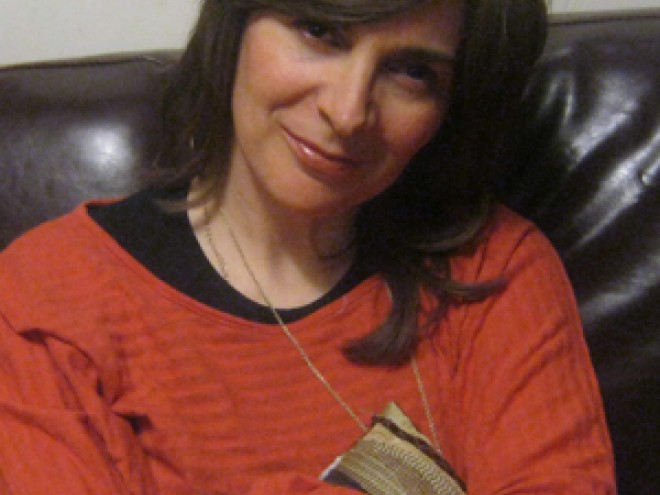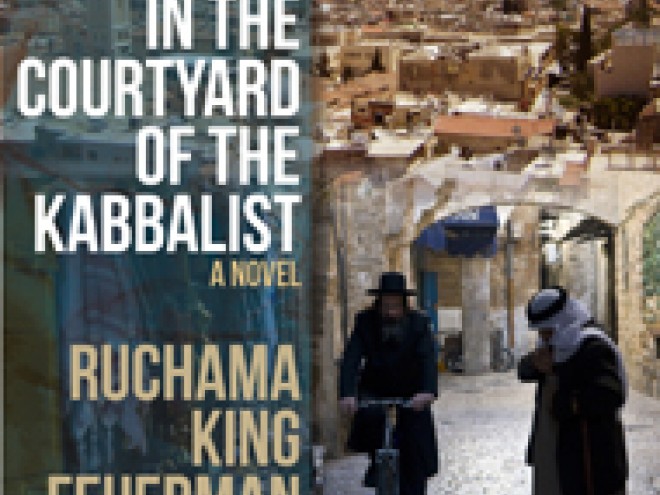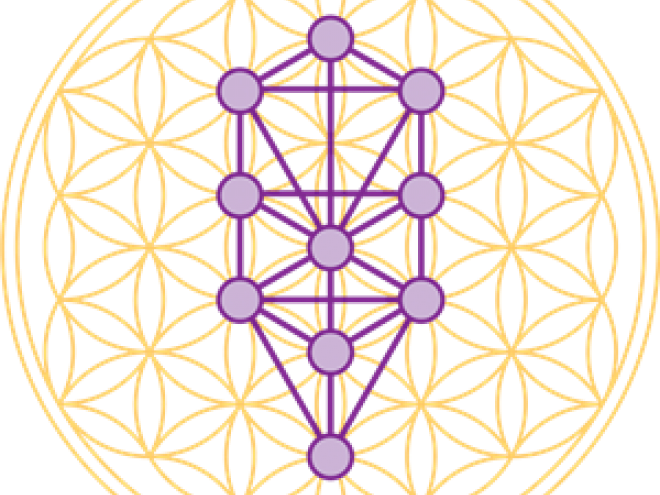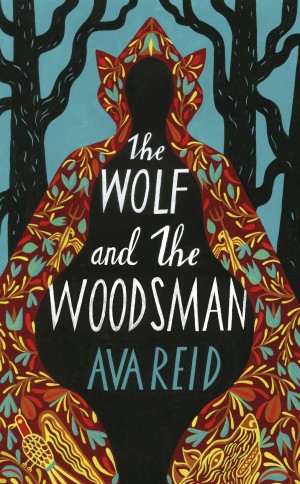Isaac Markowitz is a forty-three-year-old haberdasher from the Lower East Side who feels unfulfilled and moves to Jerusalem. Isaac had almost married, almost become a rabbi, and almost formed a school of his own. He winds up as the assistant to an elderly rabbi and his wife, who do kindnesses for the array of unfortunate people who loiter in their courtyard seeking help. Isaac befriends Mustafa, a crippled custodian who is an outcast to his family, and Tamar, a young American woman who feels like an outsider after making aliyah and becoming observant. Mustafa works cleaning the Temple Mount and picks up ancient shards hidden within the rubbish. Red-headed Tamar rides a Vespa through Jerusalem and wants to find the perfect mate. Mustafa is drawn to the courtyard of the rabbi with questions about the kohanim – Jewish priests. These characters have brushes with criminals and the police and fear the Waqf as they get involved with antiquities. With gentle nudging from the rabbi and rebbetzin, and through his work helping others, Isaac slowly comes into his own, realizing his self worth and finding meaning in his life. This book has a slow enjoyable rhythm reminiscent of a traditional folktale. The characters are likable eccentrics and the author describes Jerusalem beautifully. Although this reader anticipated a happy ending, a few twists kept the plot interesting and didn’t disappoint.
Miriam Bradman Abrahams, mom, grandmom, avid reader, sometime writer, born in Havana, raised in Brooklyn, residing in Long Beach on Long Island. Longtime former One Region One Book chair and JBC liaison for Nassau Hadassah, currently presenting Incident at San Miguel with author AJ Sidransky who wrote the historical fiction based on her Cuban Jewish refugee family’s experiences during the revolution. Fluent in Spanish and Hebrew, certified hatha yoga instructor.





